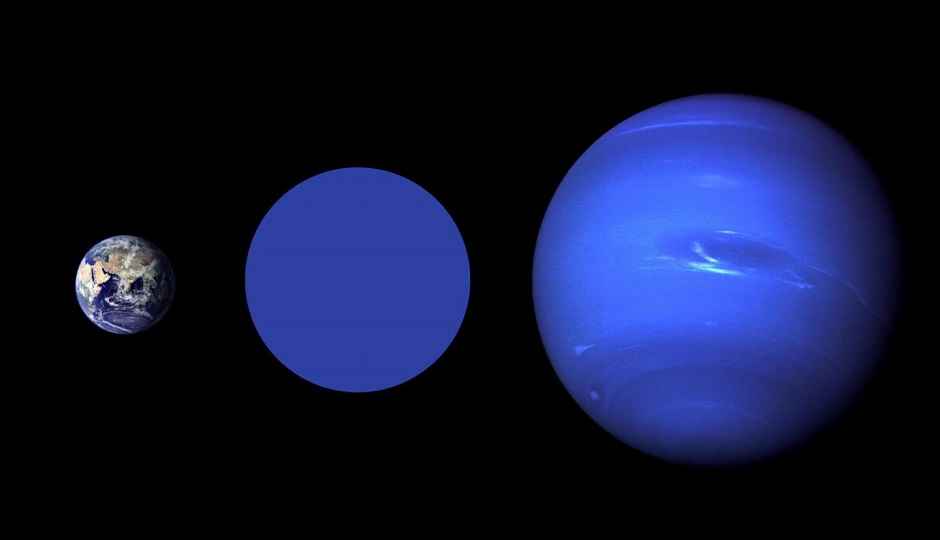Physics student and team discover planet twice the size of Earth

The newly discovered Wolf 503b is an exoplanet in the Virgo constellation 145 light-years away from us.
Imagine discovering a whole new planet just one year into your post-graduate course in college. It’s an incredible thought, isn’t it? That’s exactly what’s happened in the case of Merrin Peterson, a master’s student in physics at the Institute for Research on Exoplanets (iREx) in Université de Montréal, Canada. According to a CBC report on the matter, the Peterson-lead team at the Mont Mégantic Observatory has discovered Wolf 503b, an exoplanet in the Virgo constellation.
Wolf 503b is twice the size of Earth and is 145 light-years away from us. Researchers believe it could potentially be a ‘Super-Earth’ not just because of its size but also because of its orbit—Wolf 503b revolves around its star once in six Earth days. The newly found exoplanet is in fact halfway between the size of Earth and Neptune.
“It was very thrilling,” commented Peterson in a statement. “My supervisor likes to call it my planet, because I wrote the paper and I did the most work on it. But it was really a team discovery.” Working alongside Assistant Professor Björn Benneke, Peterson collected details about the exoplanet using data from NASA’s Kepler Space Telescope. From the data collected, it’s possible to determine the exoplanet’s radius and mass and calculate how long it takes to orbit its star. “When you find it right away, you've found that there's something blocking light from the star,” she added.
As there is no other planet of the same size in our own solar system, researchers find it hard to determine whether exoplanets like Wolf 503b are rocky or gaseous. According to CBC’s report, many researchers are motivated by the goal of discovering what Peterson calls “an Earth analogue”, which is essentially a planet that can support an atmosphere like ours and contain liquid water. The findings surrounding Wolf 503b’s discovery were published in a study conducted by American, Canadian, and German researchers where Peterson was the lead author.
Cover image courtesy: NASA/Goddard/Robert Simmon
Vignesh Giridharan
Progressively identifies more with the term ‘legacy device’ as time marches on. View Full Profile





